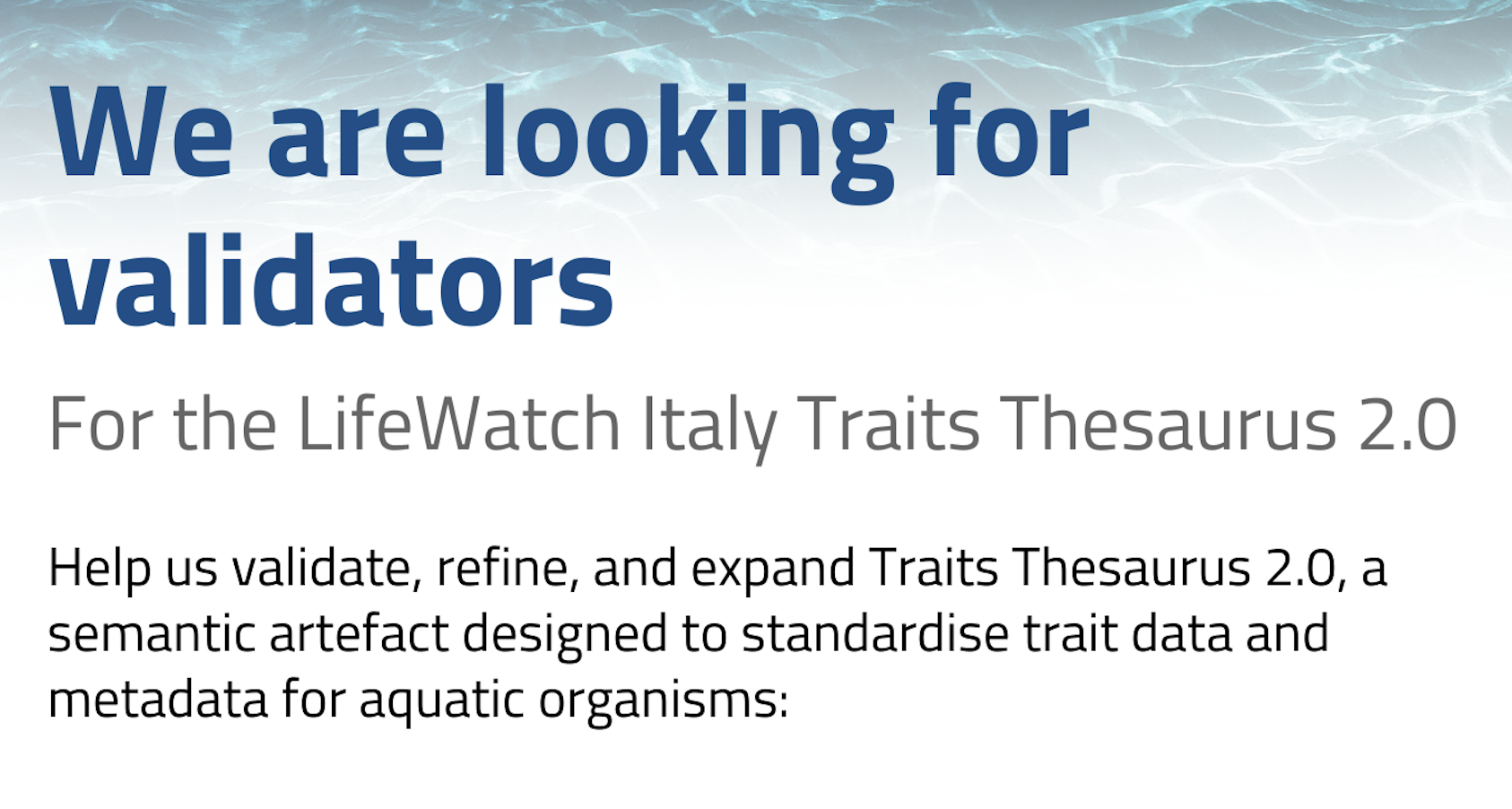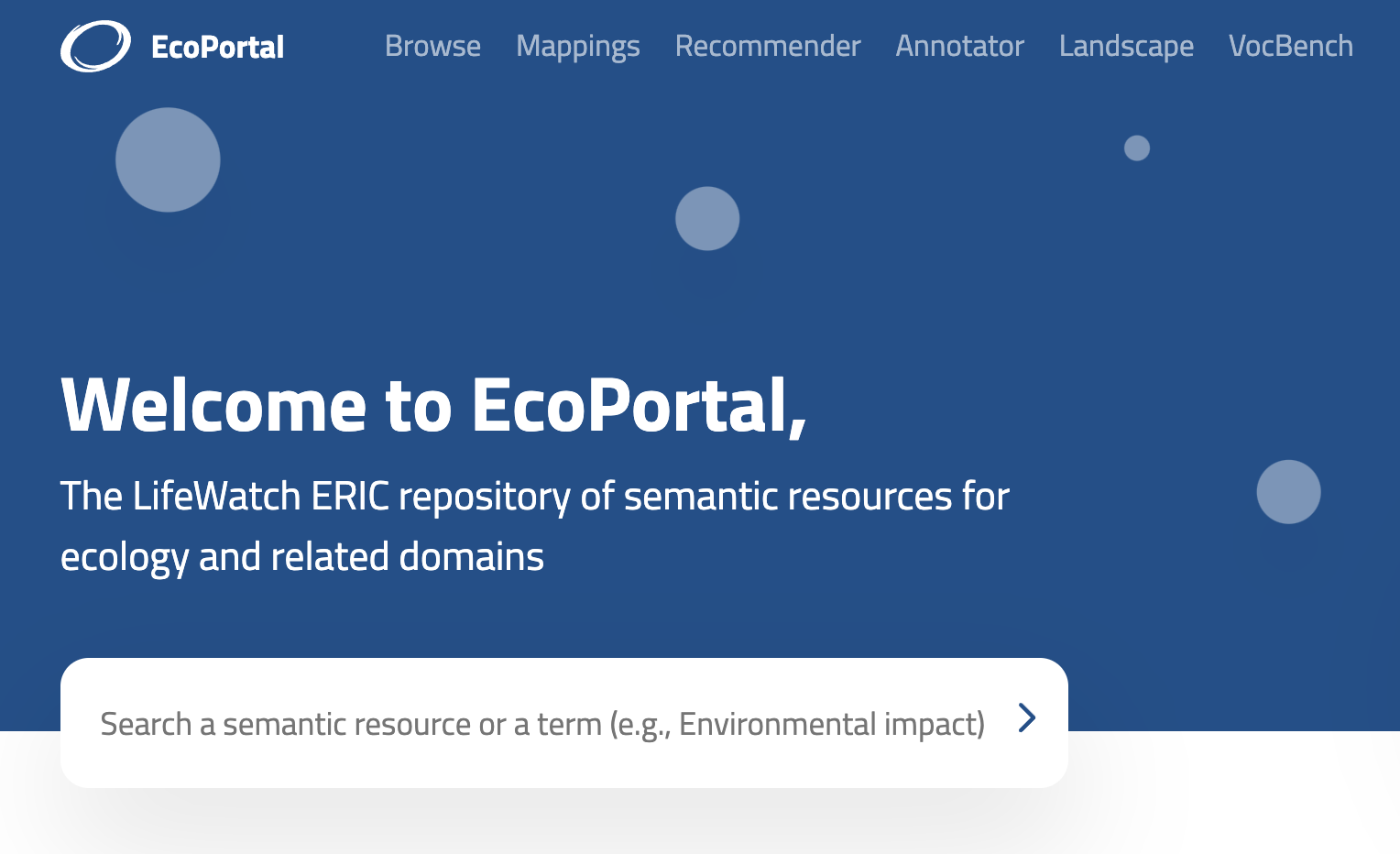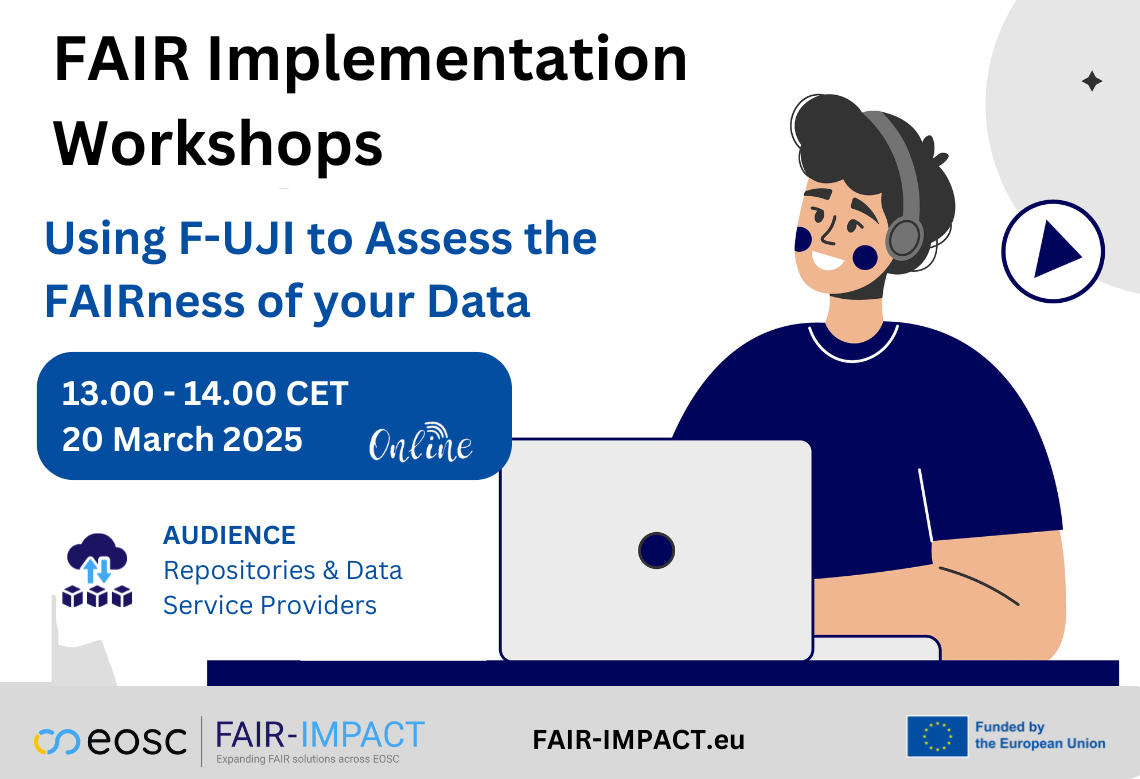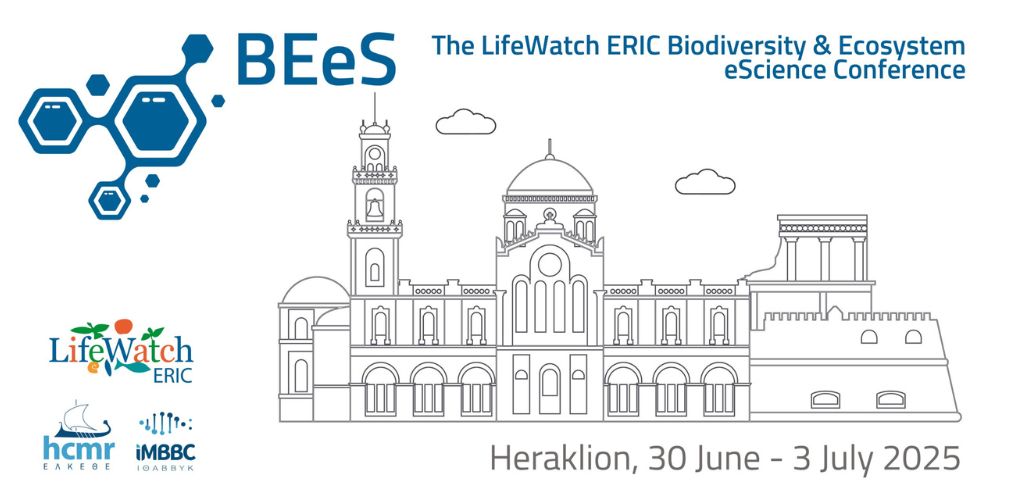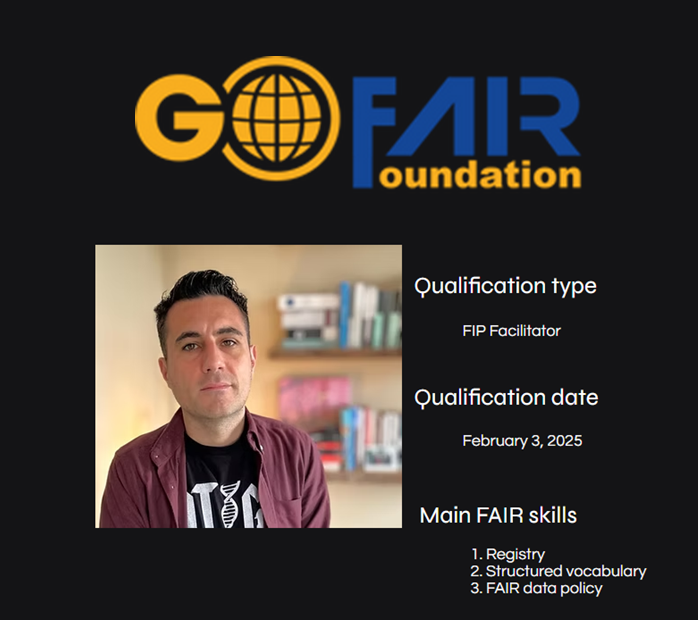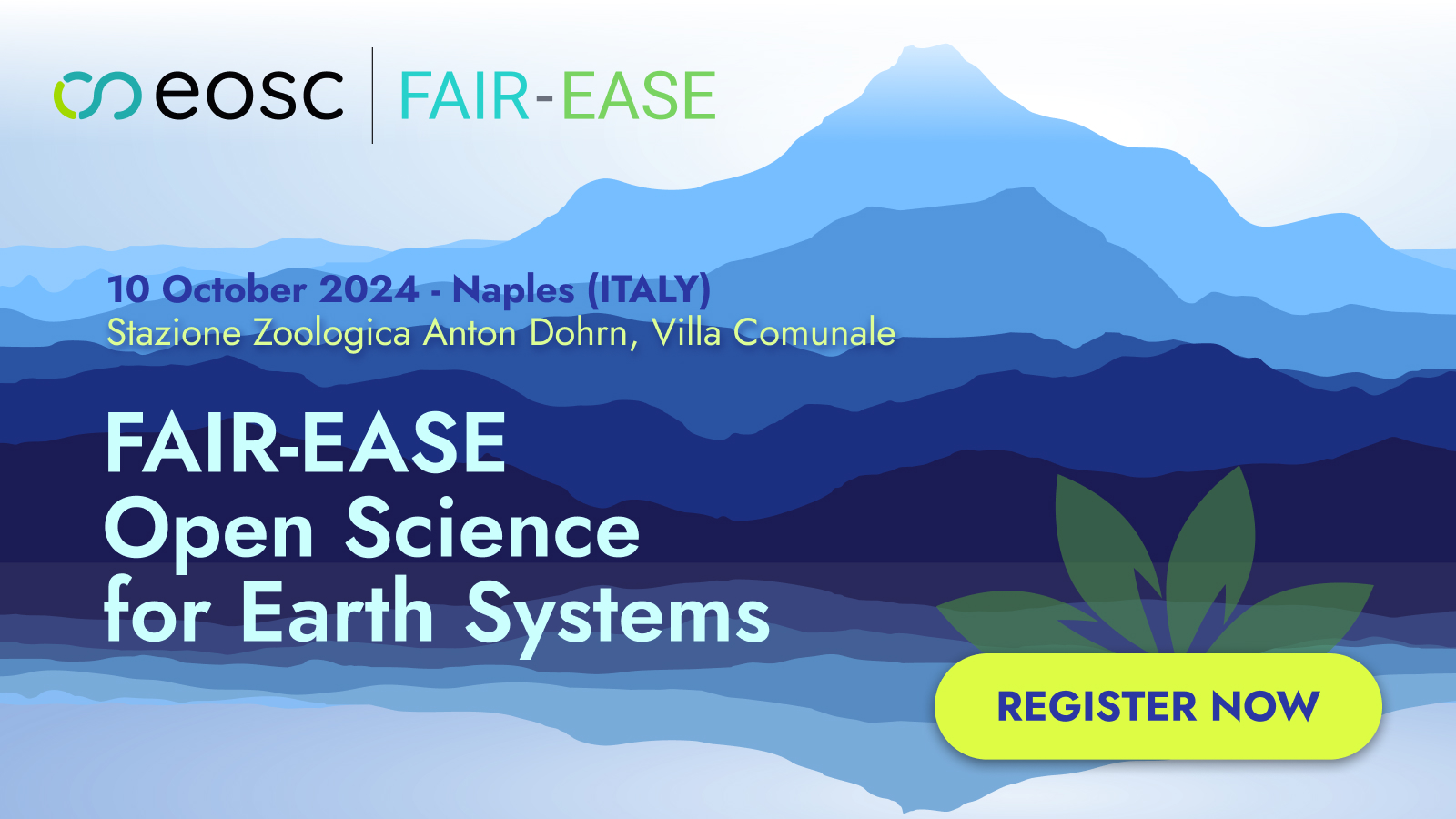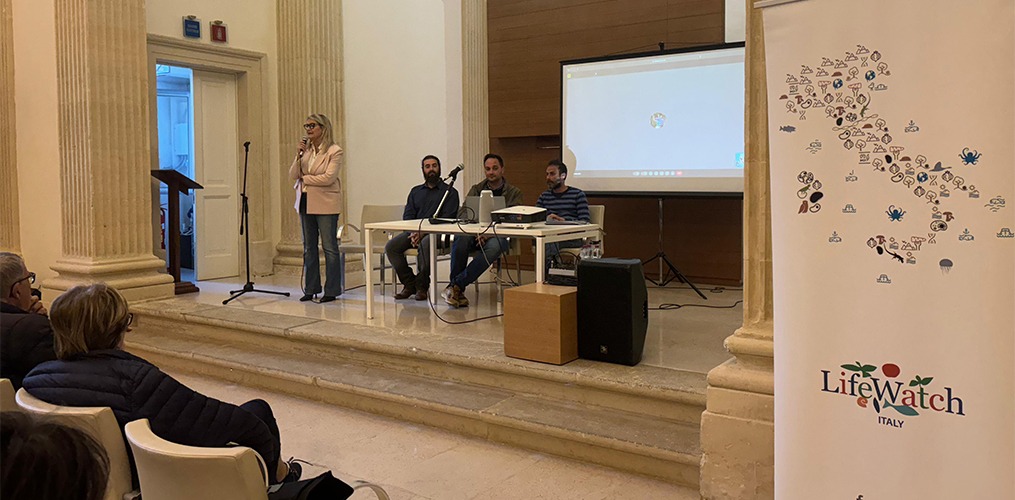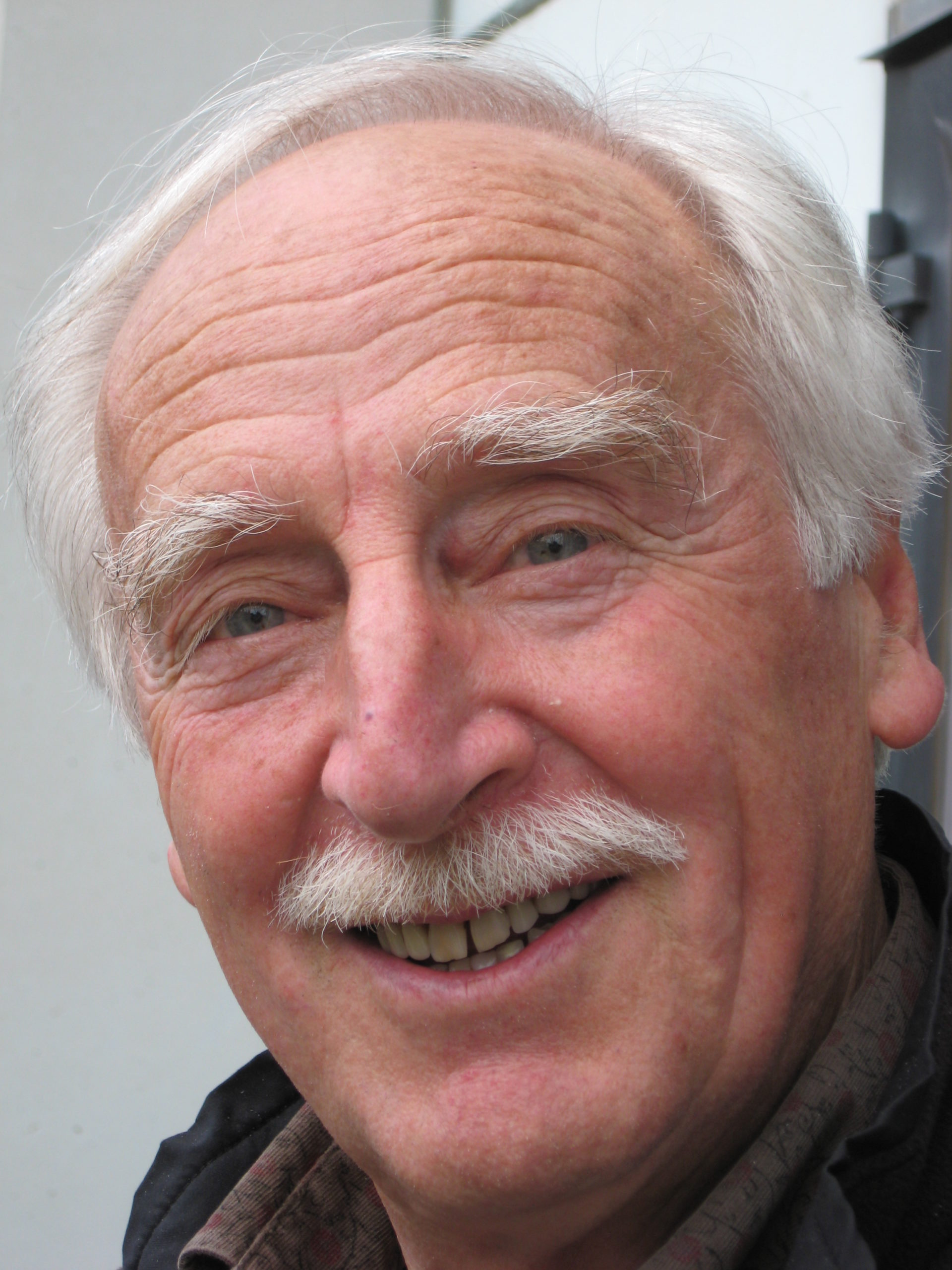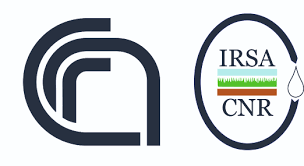Selections are open for a 12-month fellowship to carry out research activities in the framework of the PRIN 2022 – 202252 YWFC project – “FUTURE: A WARMER FUTURE WORLD:
EFFECTS ON PLANKTON COMMUNITIES AND PATHOGENS IN MEDITERRANEAN VULNERABLE ECOSYSTEMS” at the CNR Institute for Water Research in Verbania (CNR-IRSA).
The project aims at assessing and understanding the effects of temperature increase on the biodiversity of the planktonic community and the abundance and composition of the microbial community pathogenic bacteria and their resistance to antibiotics”, under the scientific responsibility of Dr. Andrea Di Cesare.
Required:
– University degree in Natural Sciences, Biological Sciences, Environmental Sciences, Geological Sciences, Forestry, Chemistry, Computer Science, Environmental and Territorial Engineering, Computer Engineering, Biotechnology (all addresses), or Veterinary Science, obtained by the regulations in force before Ministerial Decree 509/99, or the relevant Specialist Degree (Ministerial Decree 509/99) or Magistral Degree (Ministerial Decree 270/04) and a professional curriculum suitable for carrying out research activities;
– Previous experience in the field and sampling activities in aquatic environments (lakes, lagoons);
– laboratory and experimental activities;
– analysis of sequencing data (amplicon sequencing and shotgun sequencing);
– data management and statistical analysis;
– knowledge of the English language
The full announcement can be accessed at https://www.urp.cnr.it/system/files/2024-01/1.%20Bando_AdR_PRIN.%20DiCesare_signed.pdf
Deadline: 20/02/2024
The application, drawn up exclusively using the forms enclosed in the call, together with the documentation proving the qualifications and publications must be sent to the Water Research Institute, exclusively by Certified Electronic Mail (PEC) to the address: protocollo.irsa@pec.cnr.it by 20 February 2024
